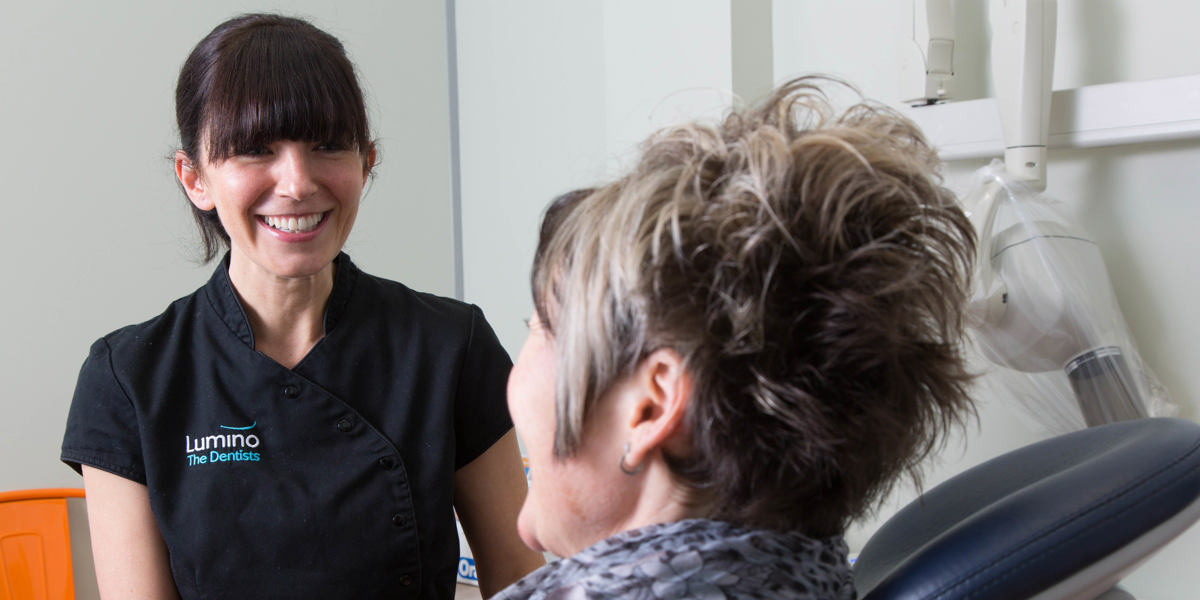
Are you avoiding hot, cold, acidic, sweet foods or beverages because they make your teeth hurt?
In some people, the pain can last just a few seconds or minutes, while in others the pain remains for hours. It can be distressing and a nuisance, so it may be time to get to the root of the problem!
What is it and why do I have it?
Tooth Sensitivity is a common name for dentin hypersensitivity or root sensitivity – when one experiences sharp, intense pains in their teeth.
There are numerous causes of sensitive and sore teeth, including:
- Worn tooth enamel from using a hard toothbrush and using a hard grip while brushing aggressively.
- Tooth erosion due to highly acidic foods and beverages.
- Tooth decay, worn leaky fillings and broken teeth that expose the dentin of your tooth.
- Gum recession that leaves your root surface exposed.
- Grinding your teeth.
- Post dental treatment sensitivity.
What can I do about it?
As with so many aspects of health, prevention is better than treatment and good dental hygiene is the best place to start.
However, it’s important to get along to your dentist so they can diagnose any problems and advise any future treatment.
Depending on the case, dentists will use treatments such as fillings, root canal treatment, crowns and tooth extraction to fix any problem.
Tips to alleviate the pain
- Make sure you are using a soft toothbrush. Using a softer brush minimises over brushing and abrasion, which can wear away enamel and gum tissue.
- Using a toothpaste for sensitive teeth. ‘Sensitive’ toothpaste can help to reduce sensitivity in teeth, but only for as long as it is used. Its effect wears off as soon as you stop using it.
- Reducing your intake of acidic foods. The acids in soft drinks, sports drinks, and in fruits and juices, such as oranges and kiwi fruit, all erode tooth enamel. They can also aggravate any existing sensitivity.
- Avoid brushing teeth for 20-30 minutes after consuming acidic foods and drinks. Waiting allows the saliva in your mouth to get to work in restoring the correct pH balance in the mouth and begin to repair the damage caused by acidic food and drink.
- Avoiding tooth-grinding. Tooth-grinding wears away and cracks tooth enamel. Talk to your dentist if tooth-grinding is an issue for you. Some people grind their teeth in their sleep and may not know they do it. A sore, tight or aching jaw or a complaining partner might be another clue that bruxism may be the root of the problem.